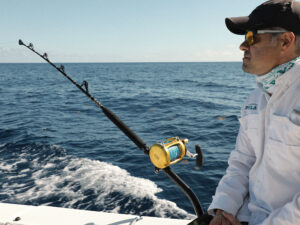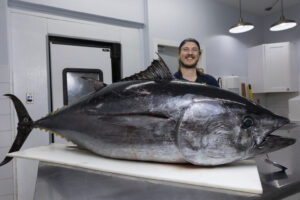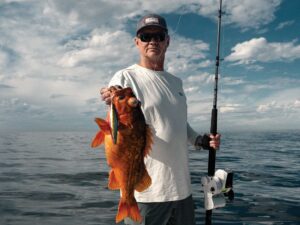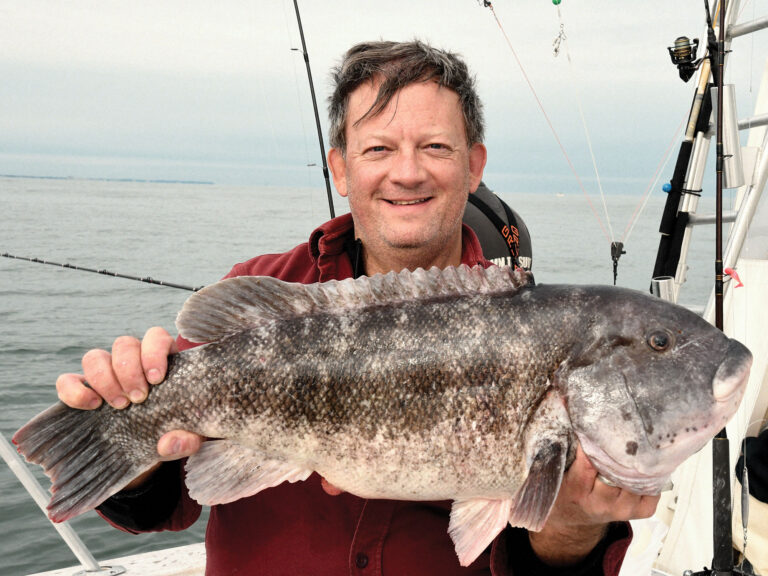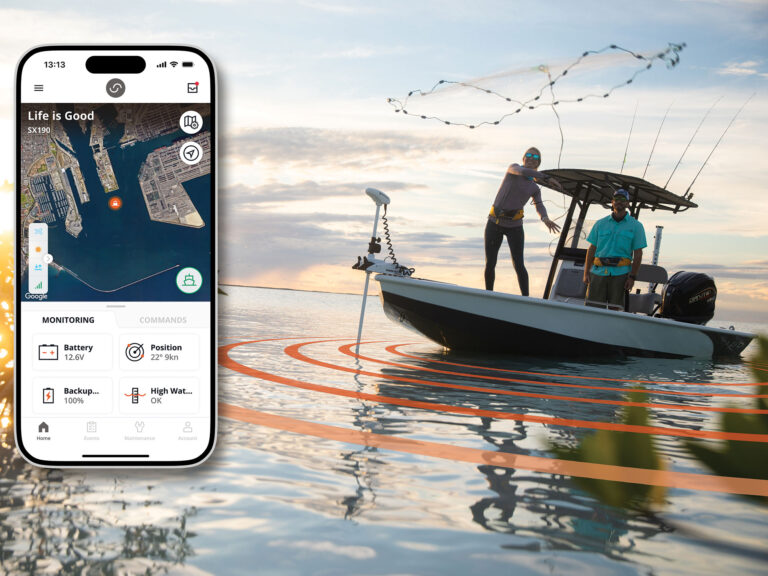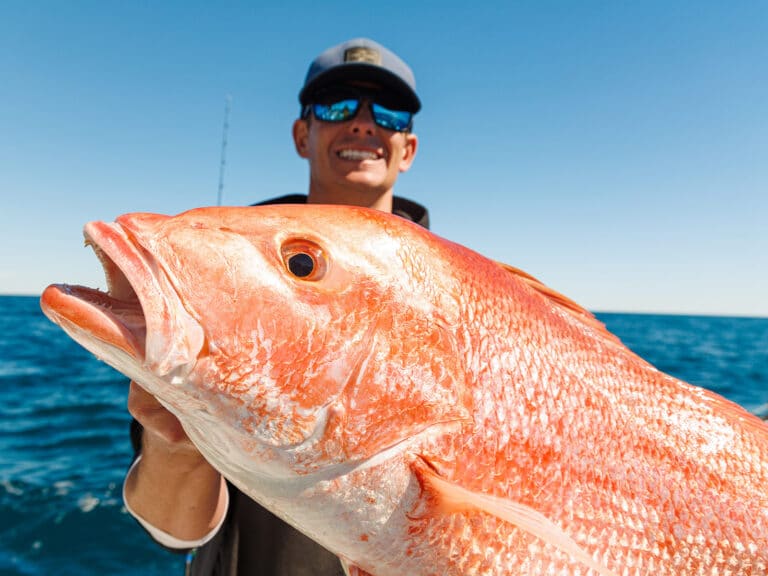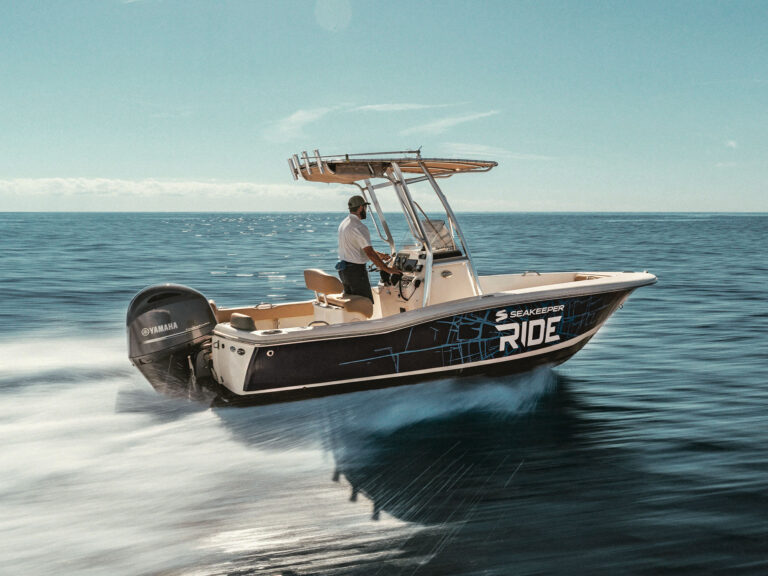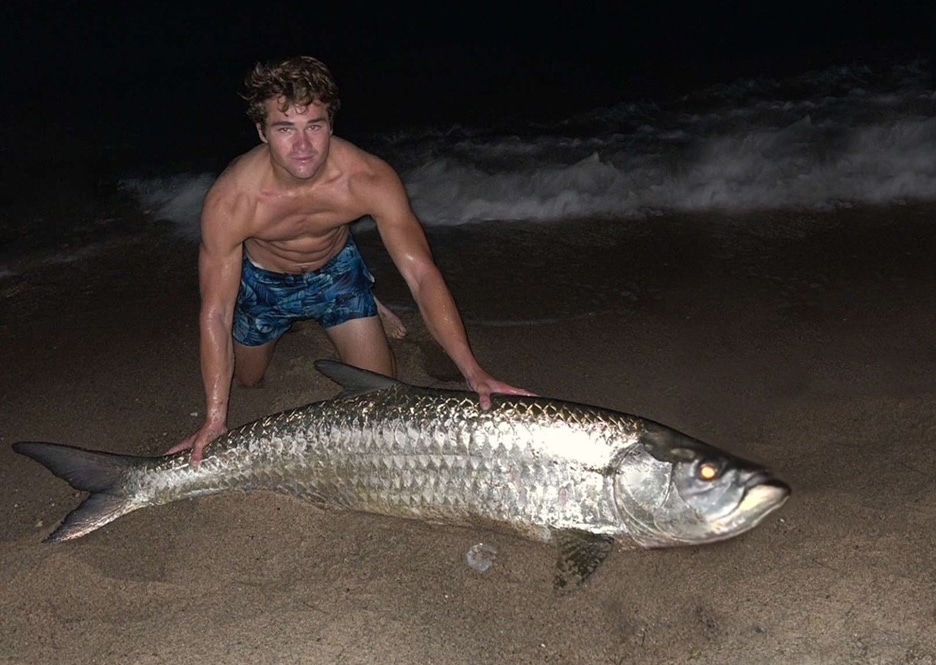
Hans Brings is considering a trip to Florida to fish for tarpon. “I think my family and I may go to Key West around my birthday,” the Massachusetts college student said.
If he does make the trip and connect with a silver king, it won’t be his first. Brings shocked the Atlantic coast fishing community in August when he landed a 5-foot tarpon on a Cape Cod beach, hundreds of miles from where anyone would think to fish for them.
Generally, if you’re fishing the New England shore, you’re looking for such species as striped bass, bluefish, fluke, or false albacore. Brings has pursued all of those since his father began teaching him how to fish from a beach at age 4.
Shore Bound Shark Fishing with a Surprise
Brings and friends were after sharks the night of August 12 in Mashpee, Massachusetts. “The primary species is the brown, or sandbar shark as it’s known down south,” and fishing for them is growing in popularity, he said. The brown sharks can be as big as 7 feet long, and both their teeth and skin can easily abrade standard lines, so stout tackle and tough leaders are required.
Brings used and 11-foot Tsunami Trophy II rod with a Fin-Nor Offshore 7500 spinning reel spooled with 65-pound braid. The rig was 5.5 feet of 300-pound mono, a fish-finder swivel, a 5-ounce Sputnik-style sinker, one foot of 175-pound wire, and a 12/0 Eagle Claw circle hook tipped with a bluefish chunk.
The first fish Brings landed that night was a sand tiger shark, a less-common fish for the spot. “It was an awesome catch, and that was the reason I stayed longer than I usually do,” he said. “The bite was starting to heat up, shark-wise. But I guess there was something else out there, too.” Most of his friends had packed it in, but Brings still had bait left, and was curious about what else he might catch.
In the early hours of Sunday, Brings experienced two strong runs from fish that eventually dropped the bait. At the time, he assumed they were sharks, but in retrospect, he’s not so sure. “Tarpon aren’t normally lone rangers,” he noted.
There was no guesswork needed for the fish that bit at 3 a.m. “The first few runs were pretty intense,” he recalled. He estimates he had 40 pounds of drag on the reel, but the spool kept spinning. Brings was thinking he had a big brown shark or even a ray. “Halfway through, the fish would almost hold its place and it was very hard for me to turn it. I had to sit in the sand and kind of wrench it back. When it did turn, it stated sharking its head, and stingrays don’t do that.”
With friend Mike Xidea taking photos, Brings eventually pulled the fish into the wash, still thinking he was fighting a shark. The truth became clear when he finally got a good look. “I saw the jaw, I saw the massive scales, and I identified it immediately as a tarpon,” he said. “This really was an odd and mysterious catch.”
Unusual but Occasional Visitors
Tarpon certainly aren’t unheard of in the Northeast. Brings was aware of one documented catch years back and rumors of others. They have been caught as far north as Nova Scotia. New Jersey even has a tarpon category in its state records, currently held by Jim Klaczkiewicz, who caught a 53-pounder off Sea Bright in 1982.
“Not this year, but tarpon have been in fish traps out here many times in previous summers,” said Capt. Joe Blados from the North Fork of Long Island, New York. (Blados is the inventor of the Crease Fly, which has become a favorite of tarpon fly-rodders but was originally devised for northeastern species.)
Hard to Handle
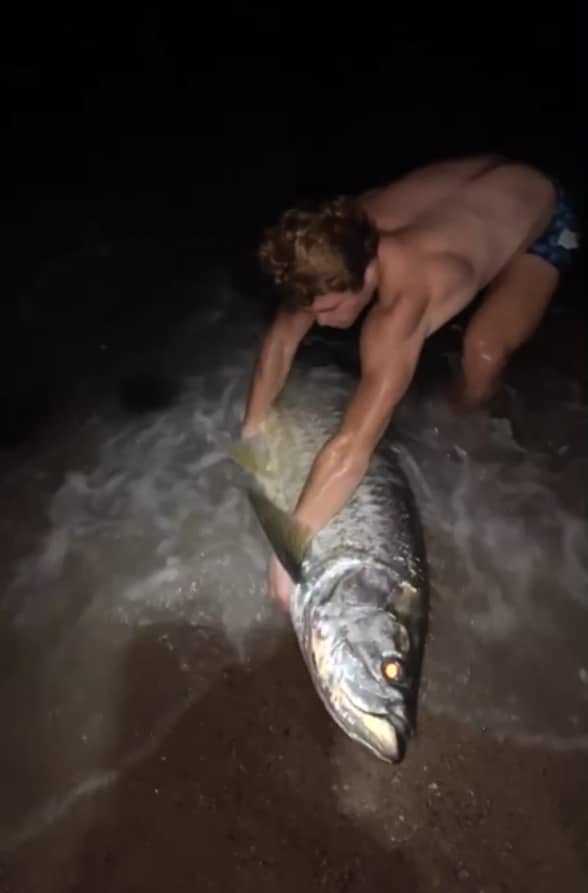
Brings has taken some flack in online comments about bringing the tarpon onto the sand. In their normal range, tarpon are protected by rules about their handling. Florida, for example, requires that they be photographed and unhooked while still in the water. Of course, that’s easier done by a captain leaning over a gunnel in broad daylight than by a surprised surf fisherman in the dead of night. Brings said he scrambled to get the fish unhooked quickly, and it swam away strong.
Brings is going into his second year studying animal science at the University of Rhode Island. He considered a marine biology major, but he’s fascinated by land-based creatures too. And while that tarpon trip to the Keys will probably involve fishing from a boat, he has a soft spot for fishing from the beach.
“The surf fishing has always had a place in my heart,” he said.

